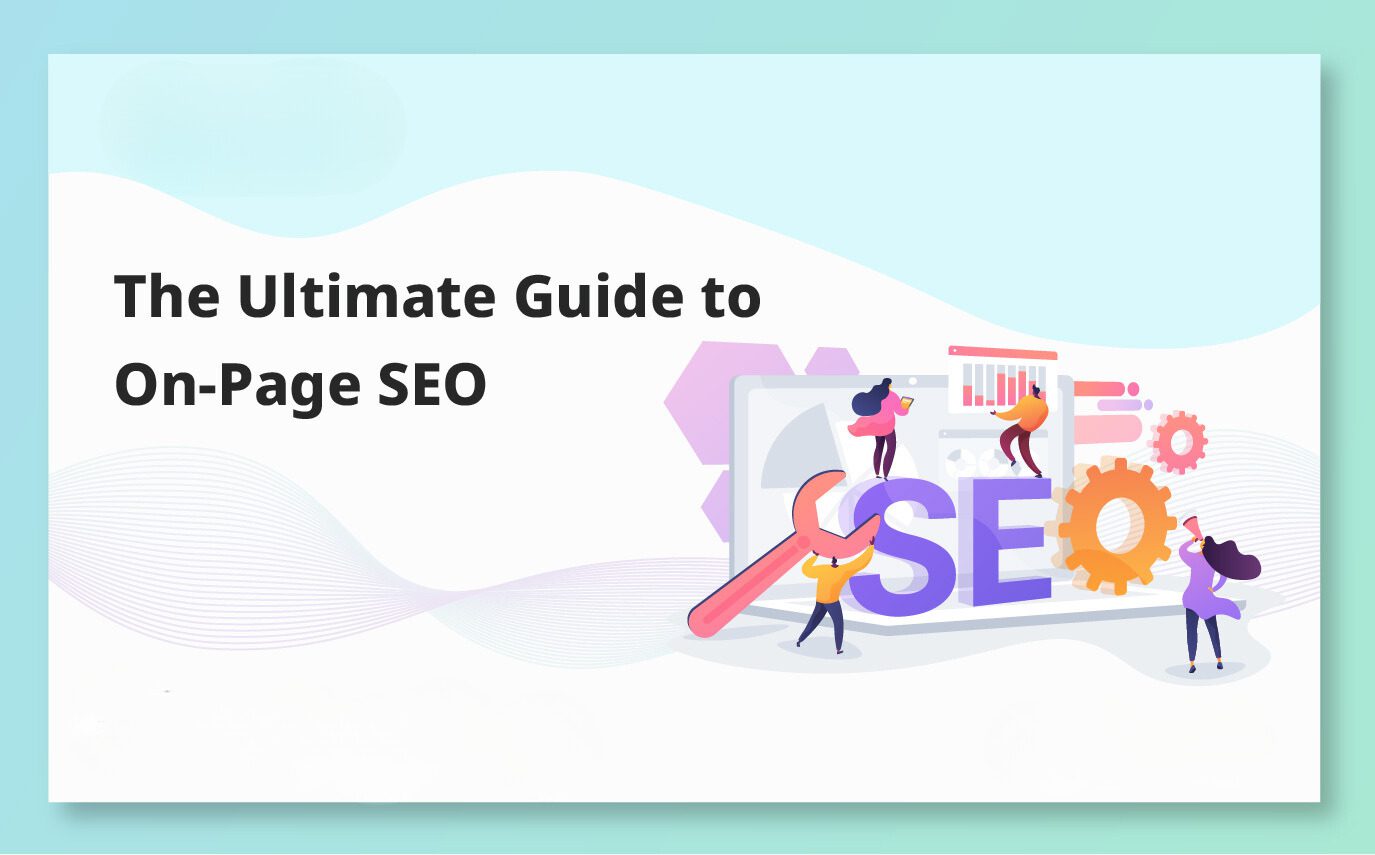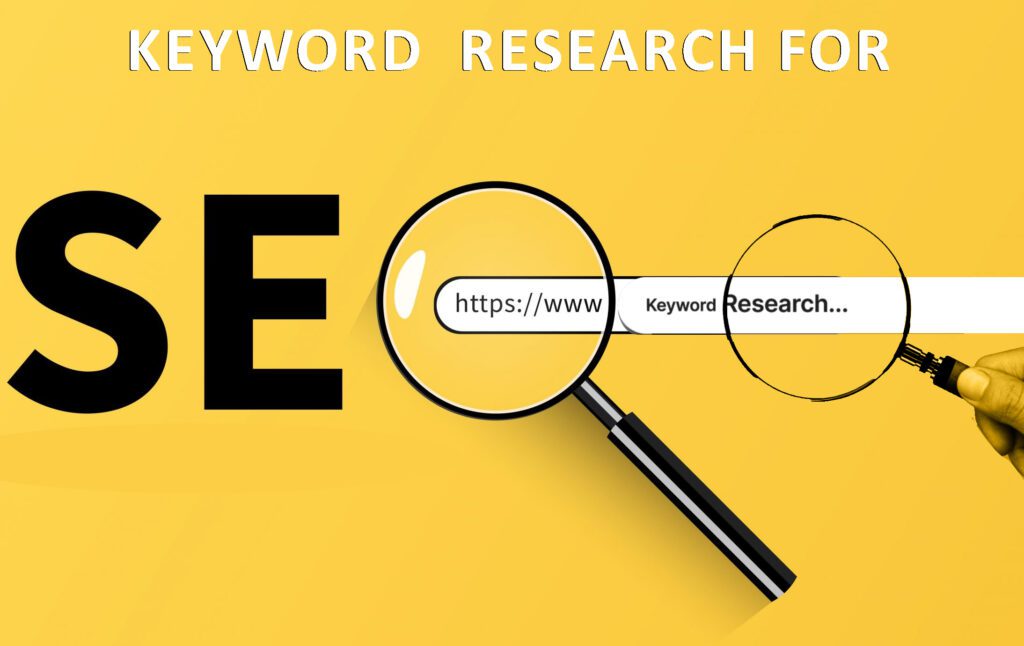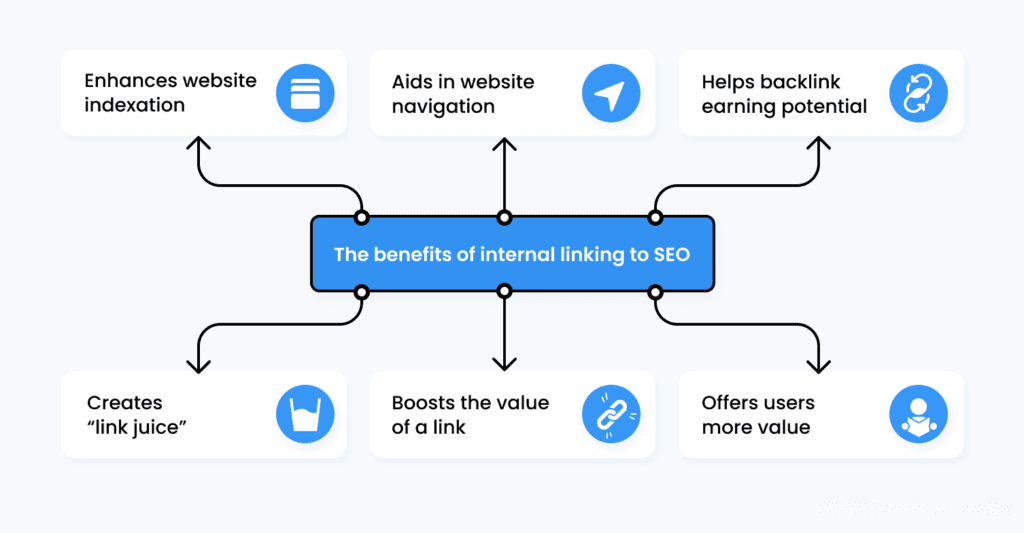
As we enter 2024, the importance of on-page SEO is still felt and seen in elevating a website’s ranking. It is no longer a matter of keyword stuffing in content. Every structure of a webpage has to be helpful to users and optimized for search engines.
Need for On-Page SEO in 2024
On-page SEO is essential for crawling or looking at by search engines and engaging the user with the content. With its ongoing algorithm changes, Google has also increased its focus on the searcher’s voice and their search’s underlying intent. If your website is optimized accordingly, it will improve the chances of your website ranking higher and enhance the degree of interaction with the website, which will benefit the business.
On-page Vs. Off-page SEO
Everything that can improve your website’s ranking in the search engine and that can be directly manipulated on the website is defined as on-page SEO. These are the written material, photos, meta information, and structure linking the pages. Off-page SEO includes all activities carried out outside the site itself, like social media and the presence of backlinks. Both are important, but this guide is entirely dedicated to on-page strategies.
Keyword Research in 2024

Keyword information is more crucial than ever as search engines become more innovative and user-focused. In 2024, comprehending search intent and identifying keywords will be considered a game-changer.
The Need to Understand Search Intent
Google and other search engines prefer pages that match the user’s intent. For example, when a user enters the search “best gaming laptop 2024,” the user is looking for a list of laptop computers used for gaming, not a generalized tech article. As you adopt this tactic of focusing your keywords on search intent, your audience will find your content more valuable and exciting.
Ranking Higher with Long-Tail Keywords
The high competition for short keywords makes ranking high in search engines easier. However, long-tail keywords, which are more specific phrases, will enable you to increase your position to particular queries. Though such keywords may attract lower searches, the traffic they generate is more targeted and qualified.
The Role of LSI Key Words in the Context of Content Today
Another way to see LSI keywords is as keywords related to your primary keyword on a semantic level. Using these keywords in your content gives search engines more information so they get the bigger picture when understanding your content. In 2024, geotagging LSI keywords in your content will be vital as it will improve your chances of being among many related searches.
High CTR Tags and Meta Optimization Techniques
Tags like meta titles and description tags help grab the user’s attention in the SERP. They can raise the site’s click-through rate (CTR) when improved.
Well Crafting the Meta Title
Your meta title is the one that users encounter first in the search results. To increase the number of clicks, ensure it is short, appropriate, and has a great pull. You want the length of your titles to be around 60 characters so that they are not cut.
Well-Crafted Meta Description
When writing a description, consider it a way to encourage the user to click on the page by summarizing it. It should be limited to 150-160 characters, and do your best to include a primary keyword that relates the page to the intentions of search engine users.
Content Optimization Approaches
The content on the pages or site dramatically contributes to its ability to rank—websites like it and even search engines with helpful, high-quality, structured content.
Such Content That Is Relevant, Useful, And Of High Quality Can Never Go Unnoticed
Any content that addresses the concerns of your users offers solutions, and provides valuable information will always be great. Write articles with only a few keywords, especially if necessary, but strive to get your point across.
Effective Use of Header Tags
Strategically placed header tags enhance the structure of your content. Correct formatting of H1 tags helps Google crawl your website and comprehend the organization of your content, thus improving ranking opportunities.
Benefits of Internal Linking

Internal linking means linking or embedding one or more pages in your site. This technique enhances user experience by making it easier to interact with your content and indicates to search engines that related content is available, making it beneficial in SEO.
Images in SEO
Images should be paid more attention to in SEO efforts, but they are also crucial for user experience and affect search engine rank.
Image Descriptions and Alt Text
As image elements, alt texts are written for SEO, explaining images to search engines. Proper descriptive text and necessary tags will help your alt text achieve the desired goals.
Resolving Image Issues – Resizing or Compression
Large image files affect your site’s performance, as users tend to abandon sites that are not responsive. Images should be compressed fast to load quickly and improve the site’s overall user experience and SEO performance.
Web Vitals and Mobile Optimization
As the number of users browsing on a mobile device increases daily, mobile optimization is not optional to gain a good rank.
Making Sure Your Site Has Mobile Compatibility
Reconstructing a website in today’s world requires mobile compatibility, which is unacceptable when not the case. Responsive website design also facilitates the site’s functionality across all devices, hence a decrease in bounce rates and an increase in users’ interaction with the specific site content.
How Core Web Vitals Affect Rankings in 2024
Core web vitals are a set of 3 metrics that Google utilizes primarily to determine a website’s health, particularly its speed, interactivity, and visual stability. These metrics will continue to be a ranking factor in 2024, so provisions should be made to optimize for them.
URL Structure And SEO
While still on the point of URL structure, this can also directly benefit the user’s experience on the site and its content. Appropriate URLs are likely to give search engines some indication of what sort of content to expect on a given page.
How to Write SEO URLs
Ensuring that every URL created adheres to length, simplicity, and informativeness is essential. Words should also be separated using a hyphen, and there must be words that can give users and search engines an idea about the content.
Areas of URL- Optimisation
It has been established that injecting keywords into URLs is important, yet it is also essential to safeguard against keyword stuffing. URL Penalty Keywords can harm your ranking, so limiting yourself to 1 or 2 is best.
User Experience (UX) and On-Page SEO.
As far as on-page SEO is concerned, user experience is becoming a constant factor to consider. If visitors navigate away from your site, search engines will consider that and may lower your ranking position.
How UX Affects Bounce Rate.
Bounce rate is the number of users who navigate away from your site after viewing only one page. If your site has problems such as poor content organization or low site speed, visitors will only glance at the pages and then move away, indicating an increased bounce rate and poor SEO positioning.
Improving Dwell Time for Better SEO Outcomes.
Dwell time is when a user stays on a single website page before returning to the search engine results page. High-quality content, proper structure, and optimal speed also improve the now and improve time, which indicates to search engines that a particular page is helpful.
Conclusion.
With the use of on-page SEO in 2024, ensuring the website is user-centered, rich in content, and structurally well-optimized will be imperative. The following suggested practices, however, help you optimize your site for search engines and enhance visitors’ experience. Some strategies you want to adopt include focusing on search intent, assuring mobile-friendliness, and improving Core Web Vitals.
FAQs
What exactly is On-Page SEO?
On-page SEO refers to all the actions carried out directly on your website to increase its position in the SERP, such as improving content and meta tags.
What will the role of keywords be in SEO in 2024?
Keywords help search engines see the purpose of the content’s topic. In 2024, you can expect better rankings through relevant traffic by focusing on search intent and long-tail keywords.
Do I need to adjust my on-page SEO frequently?
Yes and no. Yes, if that form of marketing is necessary. No, because there is a certain period, which is most commonly once every few months.
Does mobile optimization have an impact on rankings?
Of course, it is. As in the year 2024, a mobile site is a must because Google has mobile-first indexing, which means Google uses the mobile version of your site for ranking and indexing.
What tools do I need to improve my On-Page SEO?
Several tools are available for this purpose: Google Search Console, Ahrefs, SEMrush, and Yoast SEO. These can feature opportunities for on-page SEO and tracking the page’s performance.
